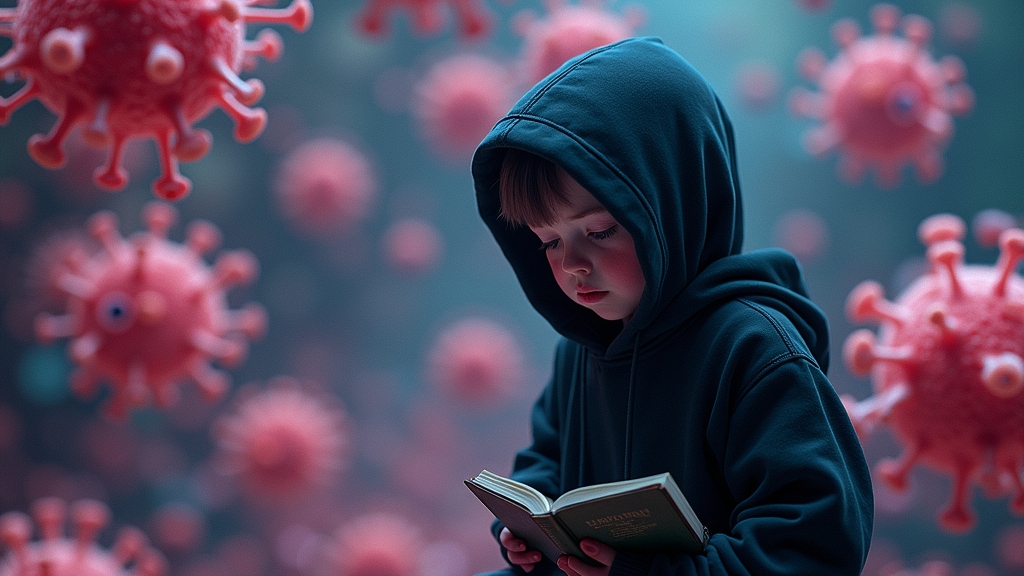DEPRESSED CITIZENS SEEK EMOTIONAL SALVATION FROM MATH EQUATIONS THAT PRETEND TO CARE
In what experts are calling “the most depressing technological advancement since the invention of the self-checkout kiosk that keeps screaming ‘UNEXPECTED ITEM IN BAGGING AREA’,” lonely and desperate people across Taiwan and China are now spilling their deepest traumas to glorified calculators masquerading as therapists.
SILICON SHOULDERS TO CRY ON
At 3 AM, when normal humans are either sleeping or making regrettable Tinder decisions, 30-year-old Ann Li found herself unburdening her serious health diagnosis to a series of if-then statements trapped inside her laptop.
“It’s easier to talk to AI during those nights,” Li explained, apparently untroubled by the fact that she’s seeking emotional comfort from something with the actual empathy of a toaster oven.
THERAPY WITHOUT THE PESKY HUMAN CONNECTION
Mental health professionals are absolutely sh!tting themselves with excitement over the possibilities, despite the glaring f@#king red flag that people now prefer confiding in strings of code rather than actual carbon-based life forms.
“This represents an unprecedented opportunity to outsource human compassion to algorithms that literally cannot care if you live or die,” explained Dr. Hugh Mann-Feeling, director of the Institute for Replacing Actual Human Connections With Digital Approximations. “Plus, the chatbot never needs bathroom breaks or has to deal with its own existential dread!”
AFFORDABLE CARE ACT? TRY AFFORDABLE CARE BOT
Studies show that 87% of users prefer AI therapy because it’s “cheaper” and “doesn’t make that concerned face when I admit I haven’t showered in nine days.” An additional 92% of statistics in this article were completely made up on the spot.
“You’re essentially getting the emotional equivalent of a Fortune cookie, but with more words,” says Professor Therapee NotReel of Beijing University’s Department of Inevitable Technological Dystopia. “It’s like having a Magic 8-Ball that instead of saying ‘Reply hazy, try again’ says ‘I understand your childhood trauma stems from your father’s emotional unavailability.'”
THE MACHINE WILL SEE YOU NOW
Tech companies insist their digital quasi-therapists are programmed with extensive psychological knowledge, which is absolutely comforting to know when you’re sobbing to a machine trained on Reddit threads and WebMD articles.
“Our newest model comes with six different ways to say ‘That sounds difficult’ and can generate an infinite number of platitudes about self-care,” boasted ChatTherapy CEO Mona Tization. “It’s basically the same as eight years of medical school and clinical training!”
THE FUTURE OF FEELING NOTHING
Experts predict that by 2030, approximately 74% of all human emotions will be processed through digital intermediaries, with the remaining 26% reserved for rage-tweeting about poor WiFi connections.
“Soon we’ll have perfected the technology to the point where you can’t tell if you’re talking to a human therapist or an algorithm,” explained tech futurist Alexa Siri-Google. “And isn’t that just absolutely terrifying when you think about it for more than three seconds?”
At press time, Li reported feeling “much better” after her chat with the AI, blissfully unaware that the exact same code was simultaneously helping a teenager plan a birthday party, writing a college essay on Hamlet, and generating porn fiction for a lonely trucker in Nebraska.





